Life Coaching and Psychotherapy: Separate Spheres
Jun 22, 2025
Given its popularity, you may have read or heard about life coaching, and wondered if or how it relates to counselling or psychotherapy. You may have even heard life coaching termed "counselling lite." However, nothing could be further from the truth.
Unlike psychotherapy, which aims to diagnose and treat psychological disorders, and often includes a strong emphasis on processing the past, life coaching is all about goal-setting and taking steps toward the future, and coaches are not permitted to diagnose or treat mental health conditions.
There is some overlap between the two modalities with respect to the basic elements of good listening that most helping professionals and consultants use, such as asking questions and empathy. However, these techniques are used for very different reasons in psychotherapy and life coaching. Psychotherapists employ them to diagnose and treat, whereas life coaches use them to help clients set and achieve life goals. In brief, psychotherapy and life coaching have very different goals and techniques, and the training for each differ as well.
Psychotherapy is also a regulated profession in most regions, and typically involves several years of training and internship. By contrast, life coaching is unregulated. As a result, some coaches may have little to no training, while others have earned coaching certifications. As a result, caveat emptor! Let the buyer beware. In an unregulated coaching industry, it is important to select a coach cautiously, and to know what criteria you seek in them in advance.
Although a licensed psychotherapist can use coaching techniques in their practice if they wish to, the reverse is not the case, and a coach is not permitted to practice psychotherapy, and must remain within the ethical scope of coaching. When in doubt, contact the International Coaching Federation (ICF) or your local registration body for psychotherapists for more information or to ask specific questions.
These are all good reasons to be sure the coach you choose to work with holds a certification. Ideally one from a training program affiliated with a major coaching organization such as the ICF, which has a code of ethics. These programs also generally provide coaches with training not only on life and/or spiritual coaching itself, but on how to recognize when a coaching client may need to be encouraged to consult a mental health practitioner if they seem to require services that are out of scope in coaching. This protects everyone's well-being--the client's most of all.
Stay connected with news and updates!
Join our mailing list to receive the latest news and updates from our team.
Don't worry, your information will not be shared.
We hate SPAM. We will never sell your information, for any reason.

